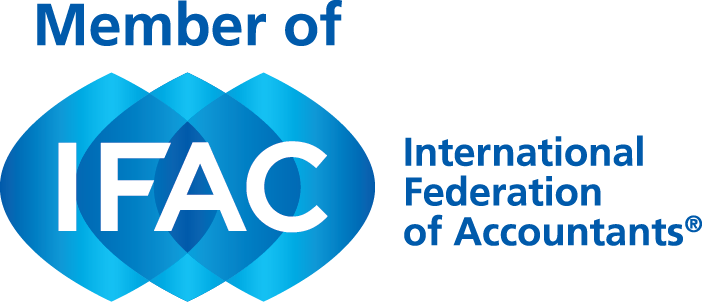|
ANTI-MONEY LAUNDERING & COUNTER TERRORIST FINANCING
Accountants are gatekeepers for the financial system, facilitating vital transactions and information that underpin the Cayman Islands economy. The fight against crime demands that criminals be prevented from legitimising the proceeds of their crime by the process of "money laundering". Robust AML & CFT regimes are key to combating and deterring criminal activity, while instilling confidence in a jurisdiction, and protecting economic growth.
The legislation which comprises the Cayman Islands AML/CFT regime are: The Proceeds of Crime Act (2020 Revision) ("POCA"), The Terrorism Act (2018 Revision) ("TA"), the Proliferation Financing (Prohibition) Act and The Anti Money Laundering Regulations (2020 Revisions).
In December, 2017, CIIPA became the AML Supervisory body for accounting firms and is charged with registering all accounting firms, monitoring for compliance, and issuing guidance, directives and procedures. The empowering legislation was the Anti Money Laundering (Designated Non-Financial Business and Professions) (Amendment) (No2) Regulations, 2017 ("DNFBP Regs").
The Cayman Islands has implemented the Financial Action Task Force's (FATF) 40 Recommendations on the Prevention of Money Laundering and the Countering of Terrorist Financing, which are international standards. In 2017, the Cayman Islands were assessed against the FATF's 40 Recommendations, and the mutual evaluation report can be found here.
The Cayman Islands are a founding member of the Caribbean Financial Action Task Force (CFATF), which is an FATF-style regional body. The Cayman Islands are also a member of ARIN-Carib, a regional asset recovery network and the Financial Reporting Authority is a member of the Egmont Group, an international network of financial intelligence units.
What is Money Laundering?
Money laundering is the process by which criminals attempt to conceal the true origin and ownership of the proceeds of their criminal activities.
What is Terrorist Financing?
Terrorist groups, like criminal organisations, must develop sources of funding, a means of laundering those funds, and a way of using those funds to obtain materials and logistical items to commit terrorist acts.
What is Proliferation Financing?
Proliferation financing refers to the act of providing funds or financial services which are used, whole or in part, for the manufacture, acquisition, possession, export, trans-shipment, brokering, transfer, stockpiling or use of nuclear, chemical, radiological or biological weapons.
Who Needs to Register with CIIPA?
Any firm engaging in public practice, or providing accounting services including but not limited to bookkeeping, payroll, accounts preparation, tax advisory or tax compliance services must register with CIIPA by completing this form. Public Practice Firms already registered with CIIPA according to the Accountants Law, do not need to register separately. Firms are also responsible for notifying CIIPA within 15 days, when services provided are changed. If updating services please complete the Services Update Declaration (Renewal form).
CIIPA has carried out a risk assessment in relation to accounting services in the Cayman Islands which can be used by firms to inform their own risk assessment and for CIIPA to inform its supervisory plan.
Below are links to registered Public Practice Firms and Accounting Service Providers:
Resources:
Click here to view CIIPA's AML/CFT Resources page.
Financial Sanctions Notices
The Financial Reporting Authority (FRA), which is part of the Portfolio of Legal Affairs, administers and coordinates the implementation of financial sanctions in the Cayman Islands. Here is a list of Financial Sanctions Notices. Further information on targeted financial sanctions can be found on the Financial Reporting Authority website, as well as the HM Treasury website.

